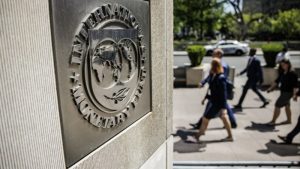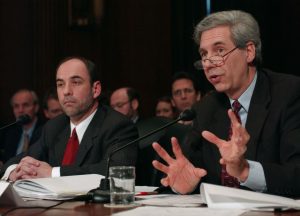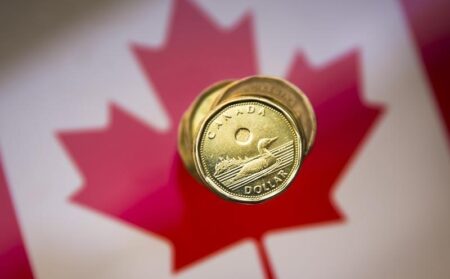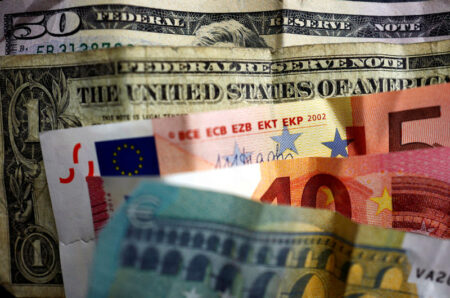The British pound is showing resilience ahead of the Bank of England’s (BoE) Monetary Policy Committee (MPC) November interest rate decision, which is expected to maintain the 5.25% rate, a prediction backed by over 90% of money markets and a majority of surveyed analysts. The BoE’s anticipated “high-for-longer” policy might bolster the pound against the euro’s previous gains, as it favors future tightening.
The vote composition of the MPC and economic projections are steering this resilience. Market expectations are pivotal, especially if dovish MPC member Swati Dhingra votes for a rate cut, which could potentially destabilize the pound. Changes in 2025 inflation and growth forecasts could also influence the pound’s trajectory.
The previous month saw a narrow 5-4 vote to hold rates. The reasons against a rate hike include slowing economic activity, weaker housing market, falling consumer spending, decreasing inflationary pressure, falling consumer confidence, retail sales slowdown, construction output slump, and manufacturing decline as highlighted by Mike Riddell from Allianz (ETR:) Global Investors and George Buckley from Nomura.
Despite Deutsche Bank’s inflation warnings, it anticipates a 6-3 vote in favor of maintaining rates. The vote split will be crucial for future decisions. Deputy Governor Breedon will replace Cunliffe on the committee, who had voted for a rate hike previously. Barclays predicts a 1-6-2 vote split with Dhingra voting for a cut and Haskel and Mann voting for a 25bp hike.
ING foresees previous rate hike supporters maintaining their stance and predicts that new Deputy Governor Sarah Breeden will align with the consensus in her first meeting. Forward guidance from the bank will also be significant. Danske Bank expects a higher threshold for further rate hikes and predicts the first rate cut of 25bp in June 2024, followed by quarterly cuts totaling 75bp throughout 2024.
Alongside the decision, the BoE will also release its Monetary Policy Report (MPR), updating growth and inflation forecasts. If rates remain steady, market reactions should be subdued, with possible minor Pound losses if dovish guidance is issued. An increase in rates could cause an initial Sterling surge before a potential fall due to recession fears.
This article was generated with the support of AI and reviewed by an editor. For more information see our T&C.
Read the full article here












